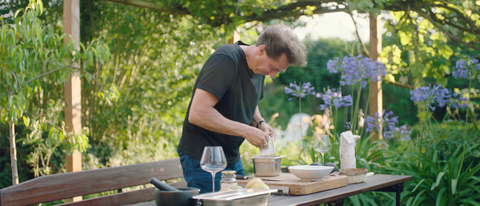
Tobias Sudhoff, former head chef of a star restaurant, cabaret artist and food producer, has made it his task to make an important contribution to the nutrition revolution. With his culinary skills, he wants to take people into the world of vegan delicacies.
In a recent interview with Lebensmittelpraxis magazine , Sudhoff shared his insights into transforming our food system to contribute to a sustainable food future.
"I come from the country, grew up between potatoes and cauliflower, Junge Union, pig fattening and parties with Catholic rural youth. I was allowed to spend my youth half in Emsland, half in Amsterdam, which broadened my horizons. I started cooking at the age of seven or eight years. It was already clear to me back then that nature has a lot to do with our diet."

Sudhoff first gained notoriety as chef de cuisine in a starred restaurant, where he introduced his creation "Happy Foie", an alternative to the controversial foie gras or foie gras, which provides an equivalent taste experience but does not require the controversial stuffing of the animals. The morally reprehensible practice of force-feeding ducks and geese motivated Sudhoff to combine his experience from star gastronomy and his knowledge of food technology and to develop an innovative alternative. The result is now called "Happy Foie" and combines exclusivity and star-level taste with animal welfare and organic certification.
You can find more about the products from "Happy Foie"here .
When selecting suppliers and raw materials, Sudhoff attaches great importance to the use of organic ingredients. Through personal visits to the farms and suppliers, he ensures that the animals are treated with respect and dignity and that sustainability standards are observed with regard to energy, water consumption and resource conservation.
Sudhoff's approach promotes holistic use of the animal and supports a sustainable approach to food production. Since the "precious pieces" are usually the most relevant in animal breeding, breeders are enthusiastic about the Happy Foie process, as it upgrades the poultry liver to a premium product. Although he advocates moving away from factory farming, Sudhoff recognizes the cultural importance of meat consumption and the ecological benefits of biodiversity.
"But I'm not one of those who say we can't eat meat anymore. I think that's part of the culture. There are also good ecological arguments for biodiversity. But we need vegetarian-vegan alternatives."

Sudhoff argues that these alternatives should strive to mimic the umami and kokumi taste of meat, as they elicit evolutionary responses indicative of easily digestible, high-quality protein. By achieving these flavor qualities in plant-based proteins, Sudhoff aims to provide a satisfying and enjoyable experience for vegans and vegetarians.
"By 2050 there will be 10 billion people on the planet, all of whom want to be well fed. That means in the transformation process we have no choice but to really use whatever vegan and vegetarian food is on the table."
In order to develop such a taste experience, Sudhoff and his team work extensively in the Food Lab of the Münster University of Applied Sciences. They research various plant sources rich in umami-triggering molecules and combine them with their culinary expertise to create remarkable alternatives. Ingredients like mushrooms and yeast can be used to create desired flavor profiles.

In addition, Sudhoff and his team have made significant progress in other areas as well. They're about to launch umami-rich vegetable "rubs," which will put veggies, rather than meat, at the center of a meal.
"Putting the focus on the vegetables, especially when barbecuing, that's what the Rubs are all about for us. We want to bring in that umami breadth, achieve a flavor explosion with veggies. Nobody has done that before."
In addition, Sudhoff has succeeded in developing a meatless sauce concentrate that, in blind consumer tests, could not be distinguished from conventional meat-based gravy.
Sudhoff's response to the increased prices of sustainable food is as follows: "One of the components of the transformation is that people have to realize that if they don't pay the price, someone else will. Either nature pays or we support socially miserable circumstances. We have to raise this awareness.”












